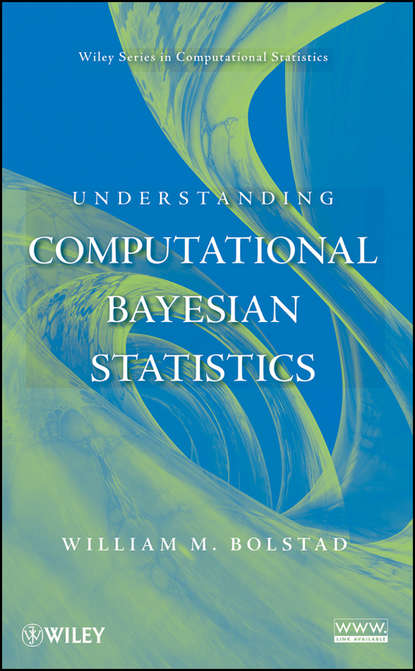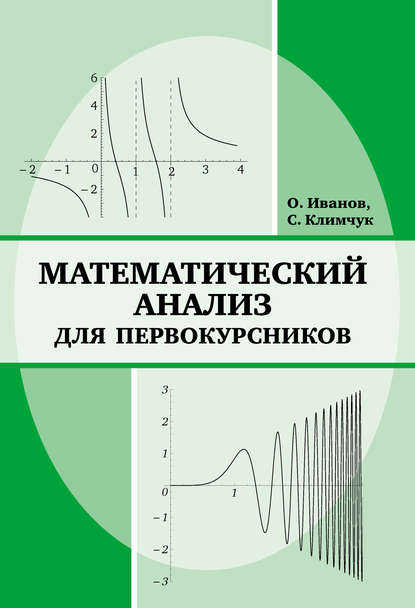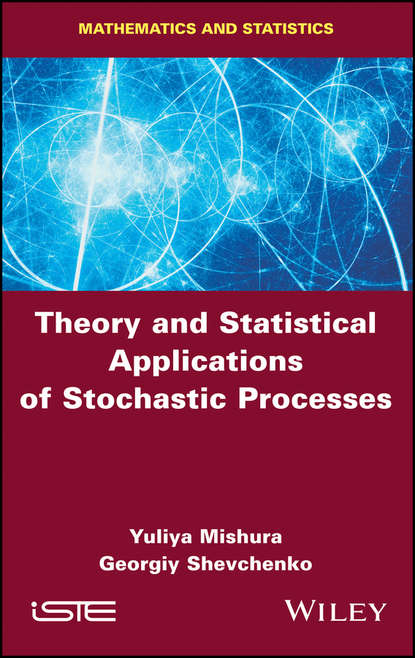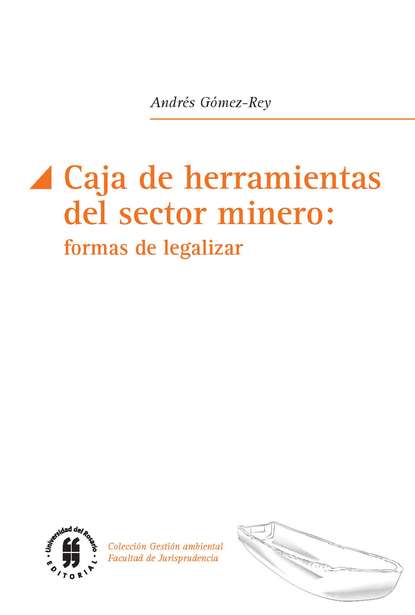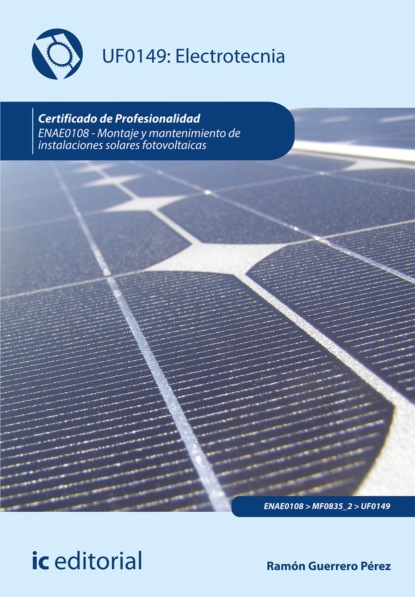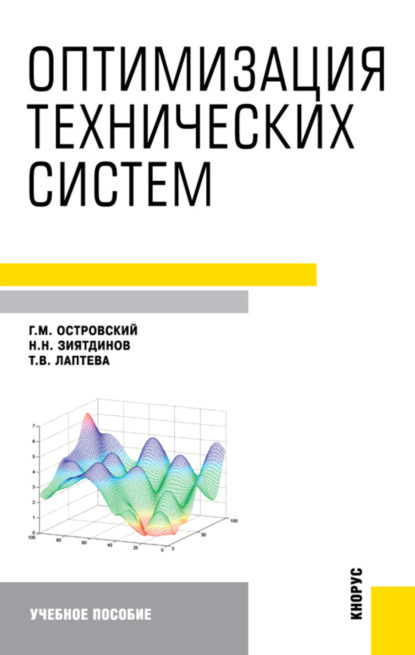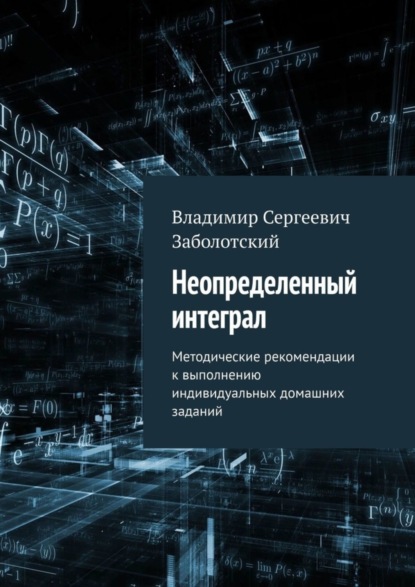Книга "Понимание вычислительной байесовской статистики" является практическим введением в вычислительную статистику с точки зрения байесовского подхода. Книга предлагает прочный фундамент в статистике, уникально освещая темы с байесовской точки зрения. Автор успешно проводит читателя через этот новый, передовой подход. С помощью практического подхода к теме, книга показывает, как можно получать выборки из апостериорного распределения, когда известна только формула, определяющая его форму, и как байесовские выводы могут быть основаны на этих выборках из апостериорного распределения. Эти идеи иллюстрируются на общих статистических моделях, включая множественную линейную регрессионную модель, иерархическую модель среднего, логистическую регрессионную модель и модель пропорциональных рисков.
Книга начинается с обзора сходств и различий между байесовским и подходом максимального правдоподобия к статистике. Последующие главы представляют ключевые техники использования компьютерного программного обеспечения для создания выборок методом Монте-Карло из неполностью известного апостериорного распределения и выполнения байесовского вывода, вычисленного на основе этих выборок.
В книге также рассмотрены следующие темы:
- Прямые способы получения случайной выборки из апостериорного распределения путем изменения случайной выборки, полученной из легко выбираемого начального распределения.
- Распределения одномерных экспоненциальных семейств.
- Марковские цепи и их долгосрочное поведение.
- Алгоритм Метрополиса-Гастингса.
- Алгоритм Гиббса и методы ускорения сходимости.
- Вычисление выборок методом Монте-Карло с использованием множества графиков и диаграмм.
На каждом этапе автор подробно описывает важные аспекты применения, такие как выбор априорного распределения для логистической регрессионной модели, модели регрессии Пуассона и модели пропорциональных рисков.
В книге представлены R-функции и Minitab-макросы для байесовского анализа и Монте-Карло симуляций. Подробные приложения в книге помогают читателям освоить эти программные пакеты.
"Понимание вычислительной байесовской статистики" - отличная книга для курсов по вычислительной статистике на уровне бакалавра и магистра. Она также является ценным источником для исследователей и практиков, которые используют компьютерные программы для проведения статистических анализов данных и решения проблем в своей повседневной работе.
This book provides an intuitive but thorough introduction to Bayesian computation. By teaching both theory and practice it aims to make the material more accessible for readers using a wide range of backgrounds. The introductory chapter gives readers a great overview of the important similarities and differences with frequentist approaches. One of the major features of this book is the inclusion of numerous real-life models to illustrate the principles taught. These include linear regression, logistic regression and even survival analysis (the area of particular interest to me!). Often in books this breadth of software demonstration isn't always included. After explaining the Markov Chain Monte Carlo (MCMC) algorithm, a valuable method for investigating the behaviour of complex systems, examples and exercises are included that make the information stand out from only simply demonstration. Many computationally demanding solutions for MCMC simulation are undertaken using publicly available software such as R, rather than resorting to specially written programs for demonstration. Bolstad's book then tackles a topic in depth as well as testing practical skills through hands-on exercises. Further sections focus on Gibbs sampling and also explore the Metropolis–Hastings approach used frequently in MCMC studies. Understanding Computation Bayesian Statistics clearly indicates to uninitiated students as to why Bayesian methods are an important addition to the statistical repertoire, and there is much to gain from reading this text.
Электронная Книга «Understanding Computational Bayesian Statistics» написана автором William Bolstad M. в году.
Минимальный возраст читателя: 0
Язык: Английский
ISBN: 9780470567340
Описание книги от William Bolstad M.
A hands-on introduction to computational statistics from a Bayesian point of view Providing a solid grounding in statistics while uniquely covering the topics from a Bayesian perspective, Understanding Computational Bayesian Statistics successfully guides readers through this new, cutting-edge approach. With its hands-on treatment of the topic, the book shows how samples can be drawn from the posterior distribution when the formula giving its shape is all that is known, and how Bayesian inferences can be based on these samples from the posterior. These ideas are illustrated on common statistical models, including the multiple linear regression model, the hierarchical mean model, the logistic regression model, and the proportional hazards model. The book begins with an outline of the similarities and differences between Bayesian and the likelihood approaches to statistics. Subsequent chapters present key techniques for using computer software to draw Monte Carlo samples from the incompletely known posterior distribution and performing the Bayesian inference calculated from these samples. Topics of coverage include: Direct ways to draw a random sample from the posterior by reshaping a random sample drawn from an easily sampled starting distribution The distributions from the one-dimensional exponential family Markov chains and their long-run behavior The Metropolis-Hastings algorithm Gibbs sampling algorithm and methods for speeding up convergence Markov chain Monte Carlo sampling Using numerous graphs and diagrams, the author emphasizes a step-by-step approach to computational Bayesian statistics. At each step, important aspects of application are detailed, such as how to choose a prior for logistic regression model, the Poisson regression model, and the proportional hazards model. A related Web site houses R functions and Minitab macros for Bayesian analysis and Monte Carlo simulations, and detailed appendices in the book guide readers through the use of these software packages. Understanding Computational Bayesian Statistics is an excellent book for courses on computational statistics at the upper-level undergraduate and graduate levels. It is also a valuable reference for researchers and practitioners who use computer programs to conduct statistical analyses of data and solve problems in their everyday work.
